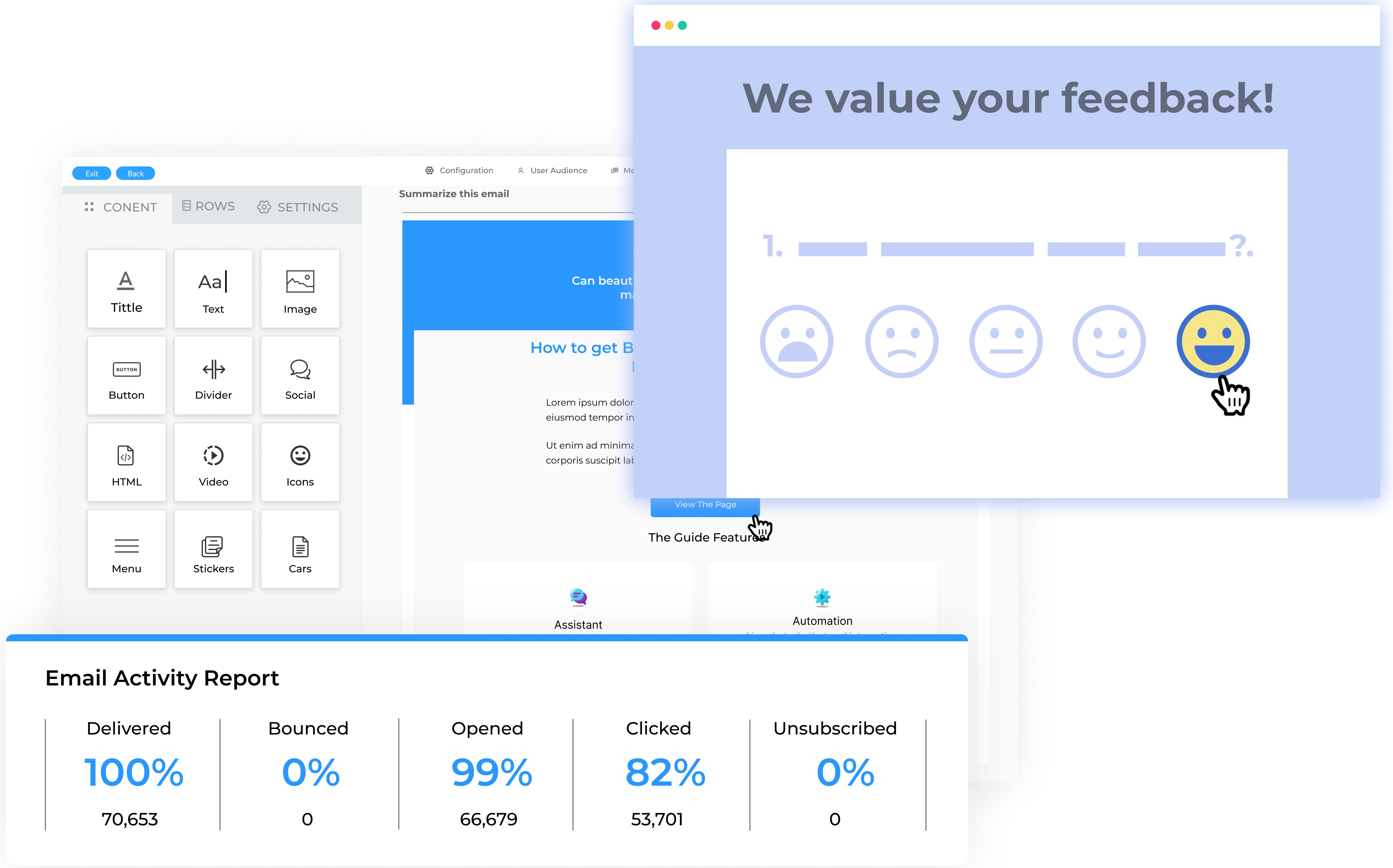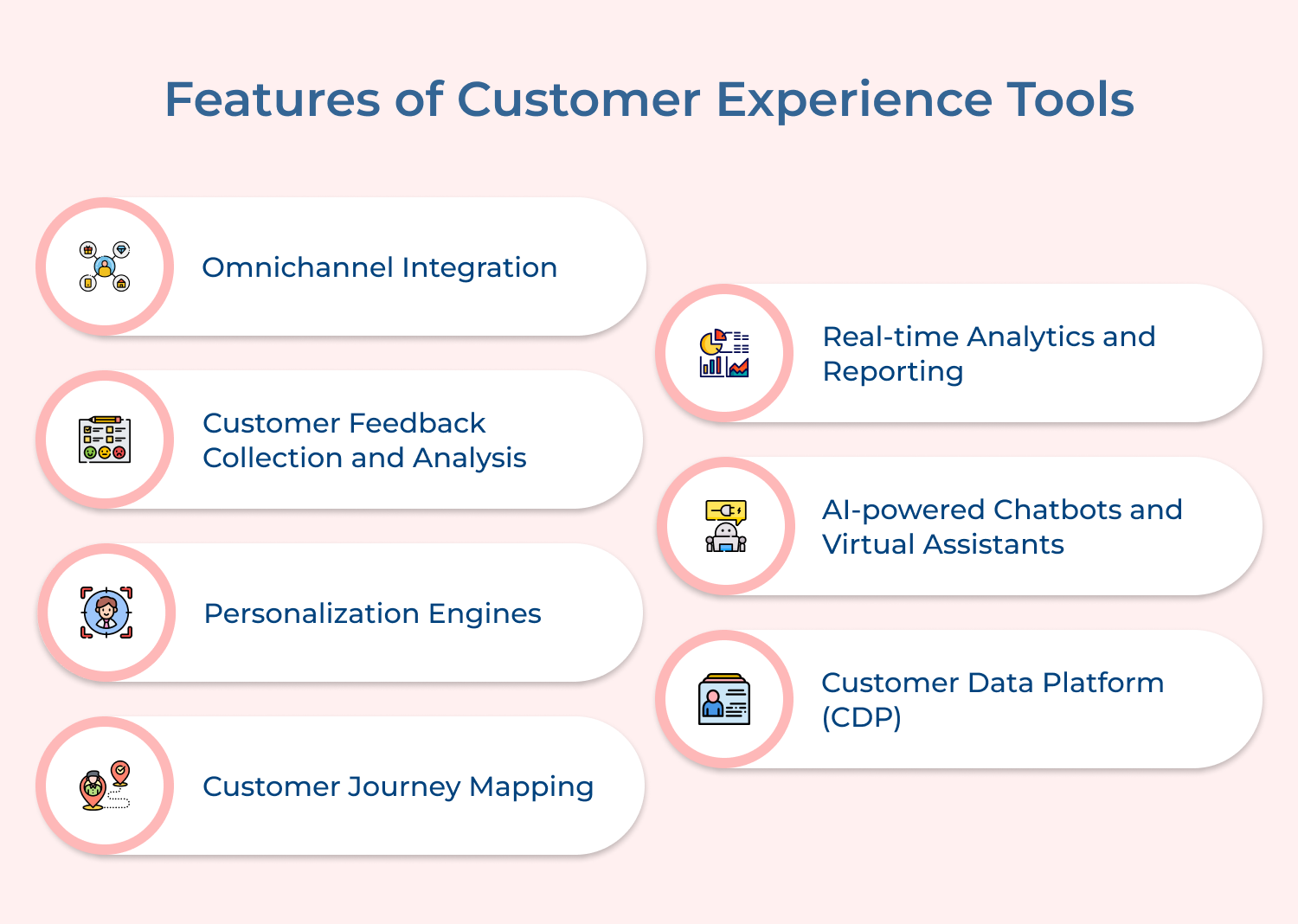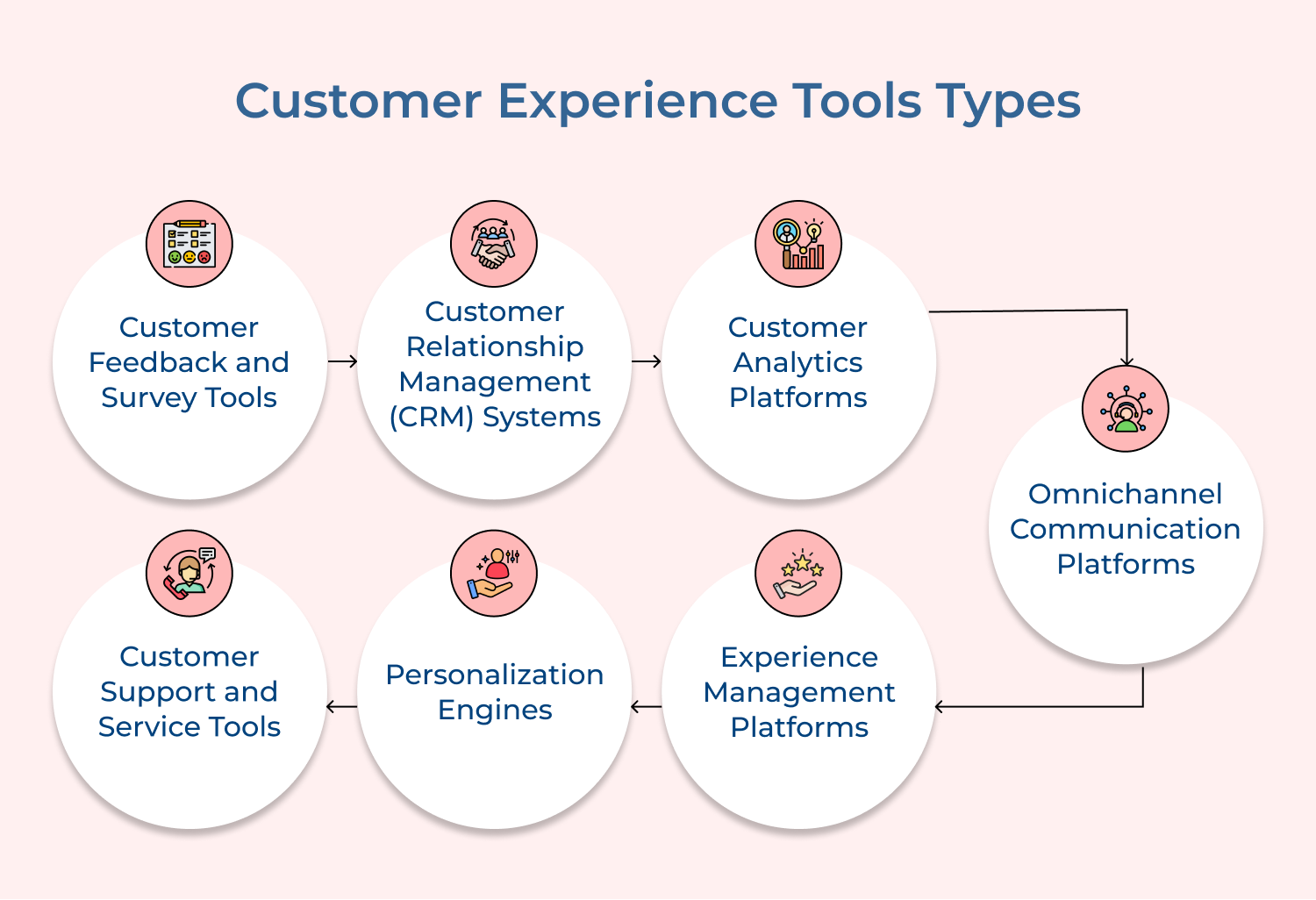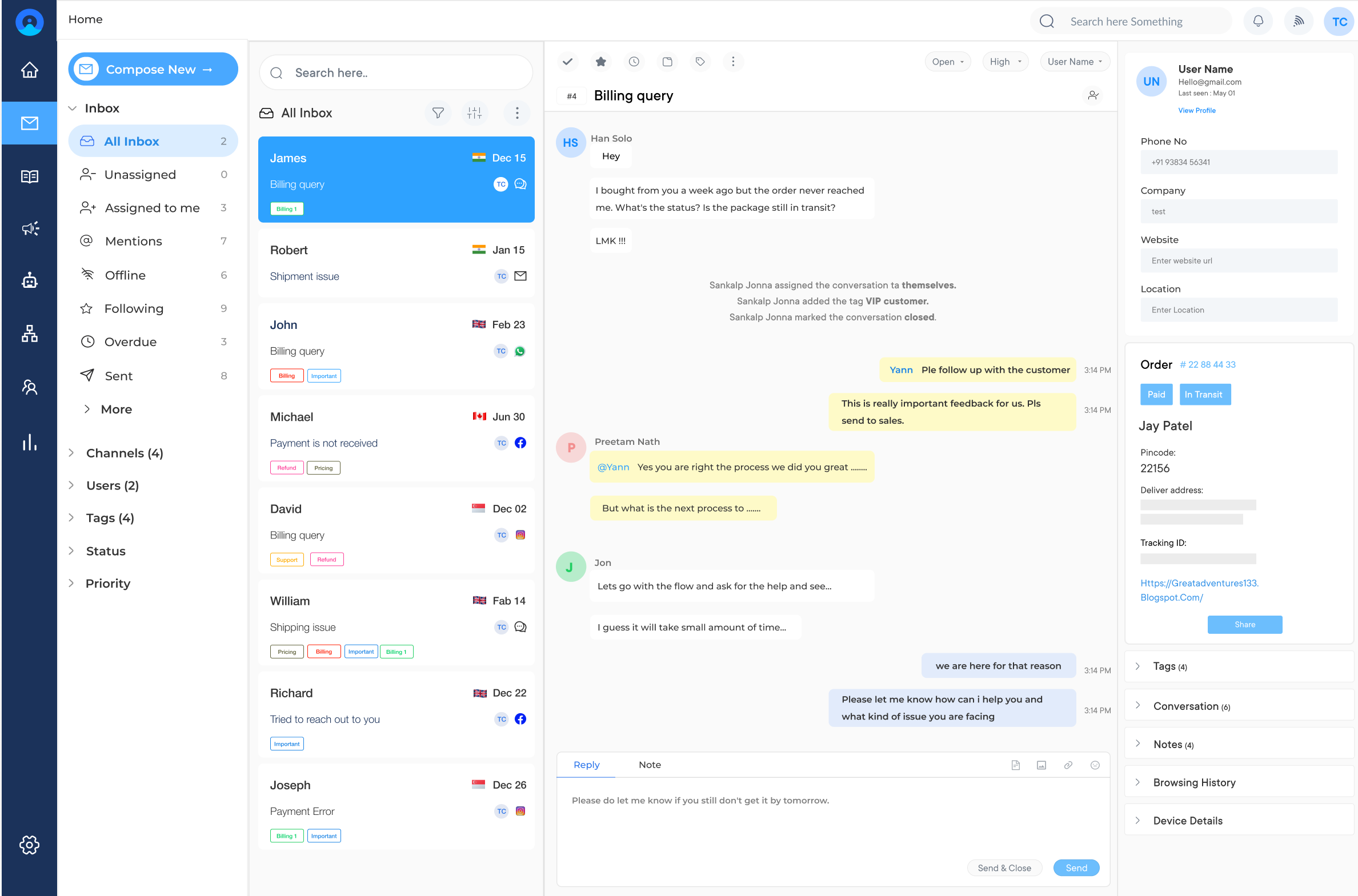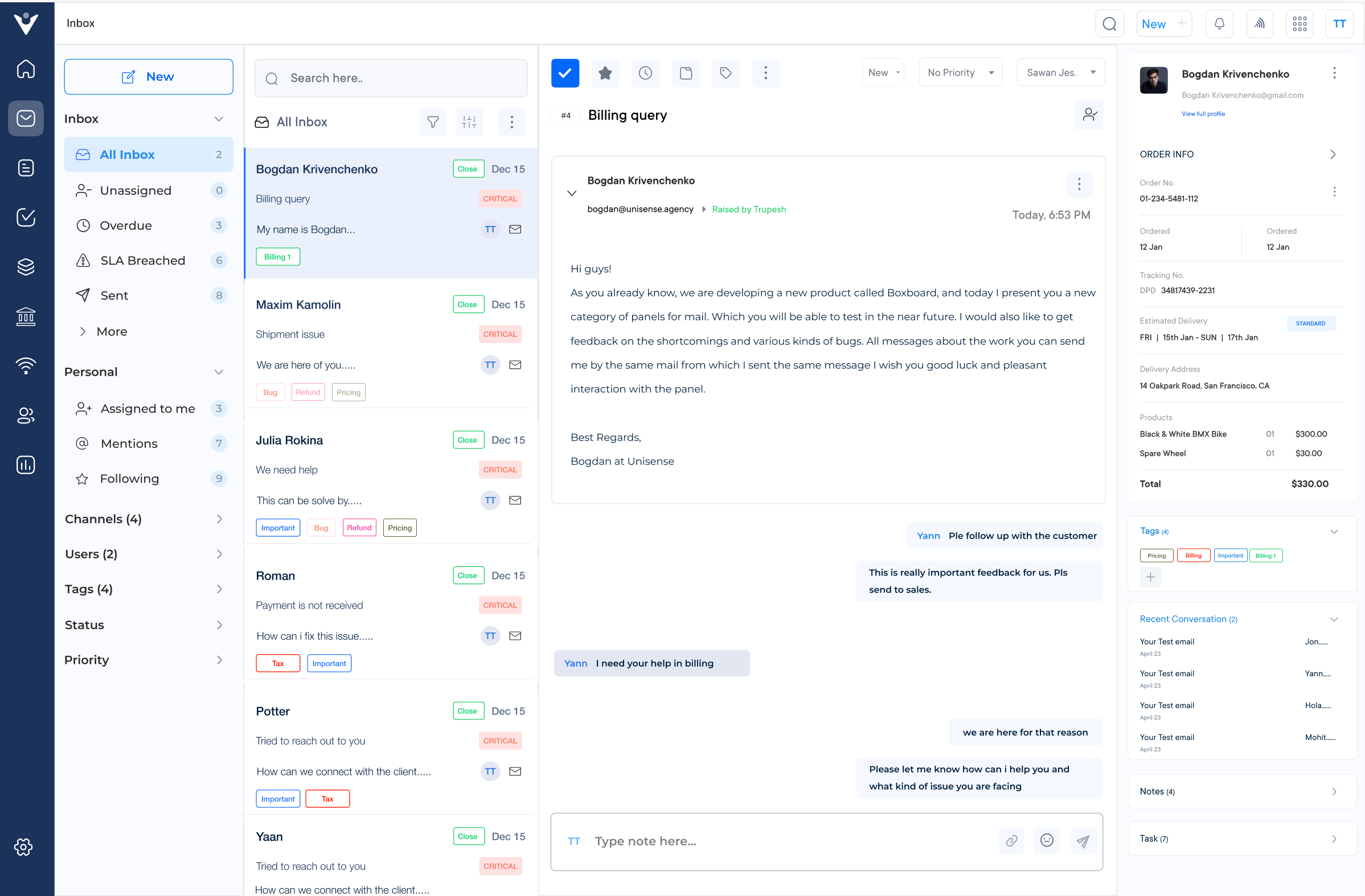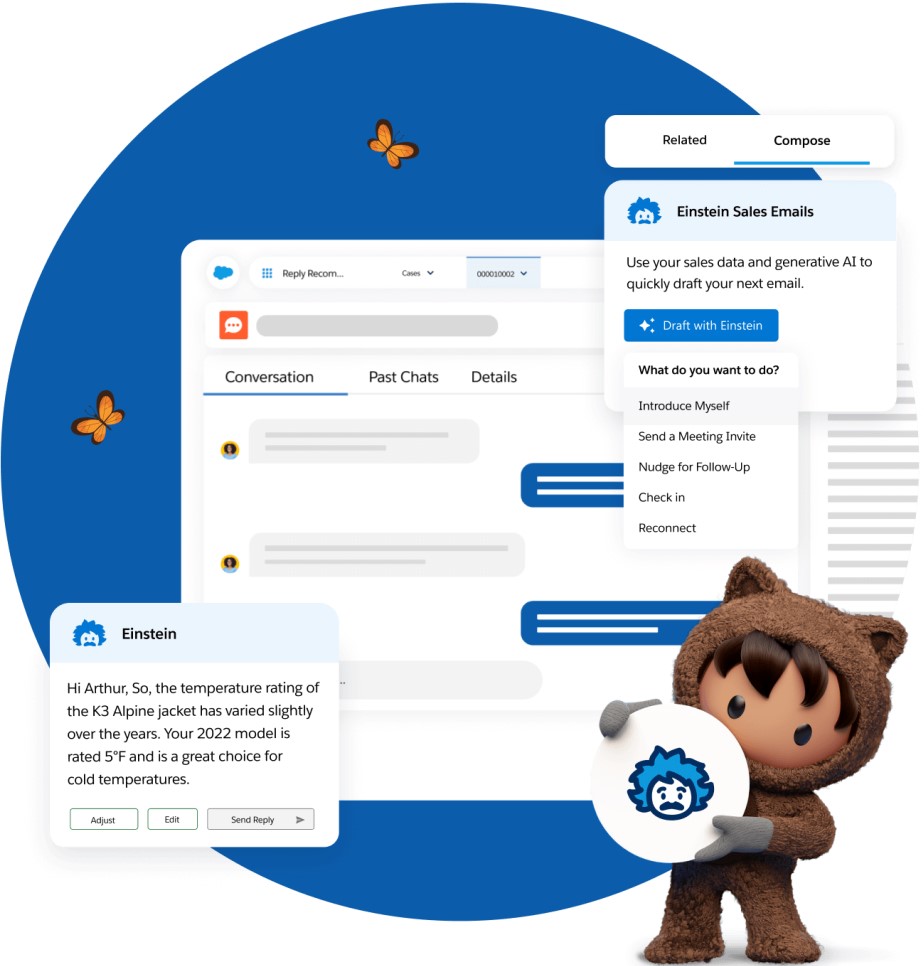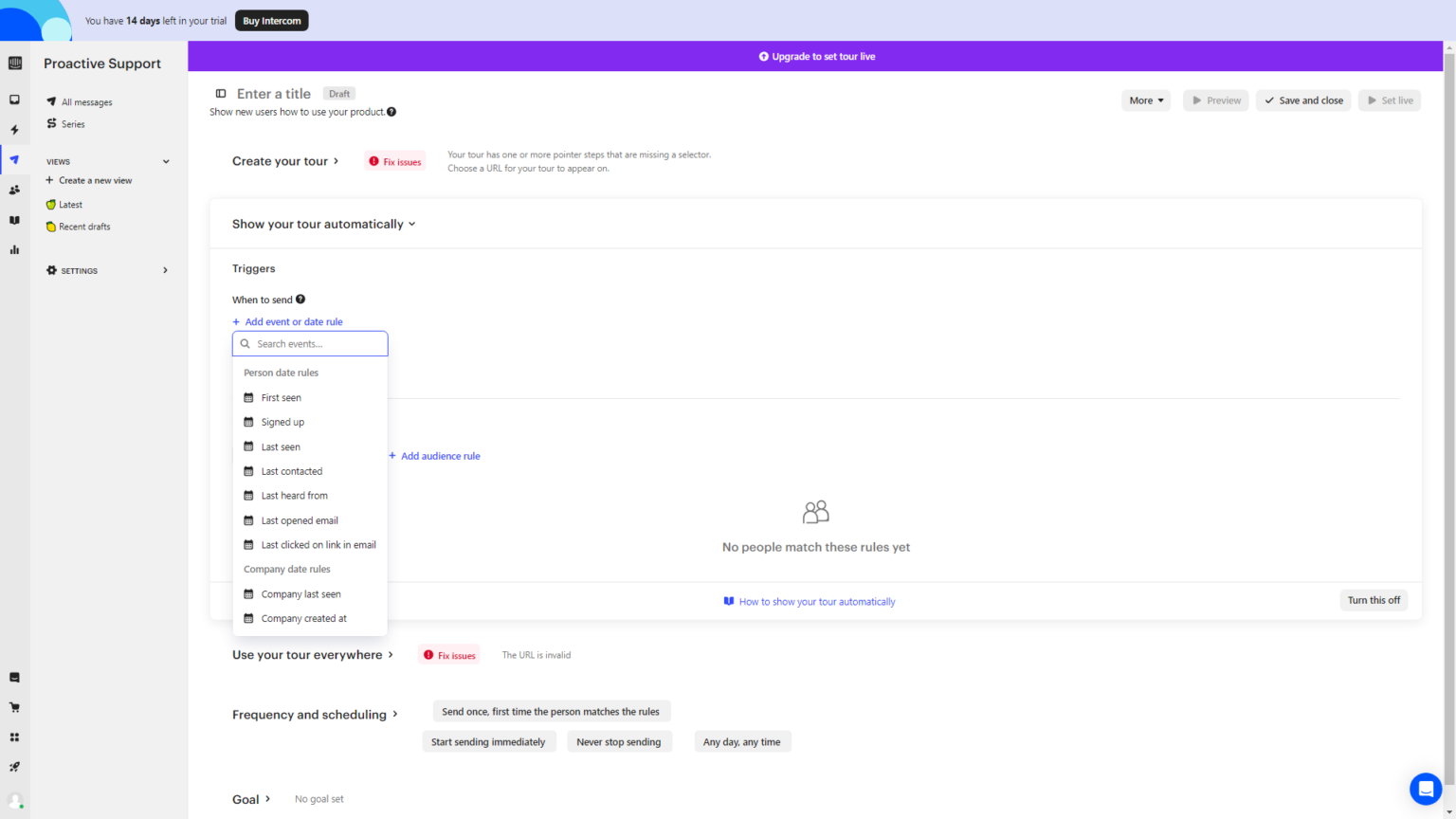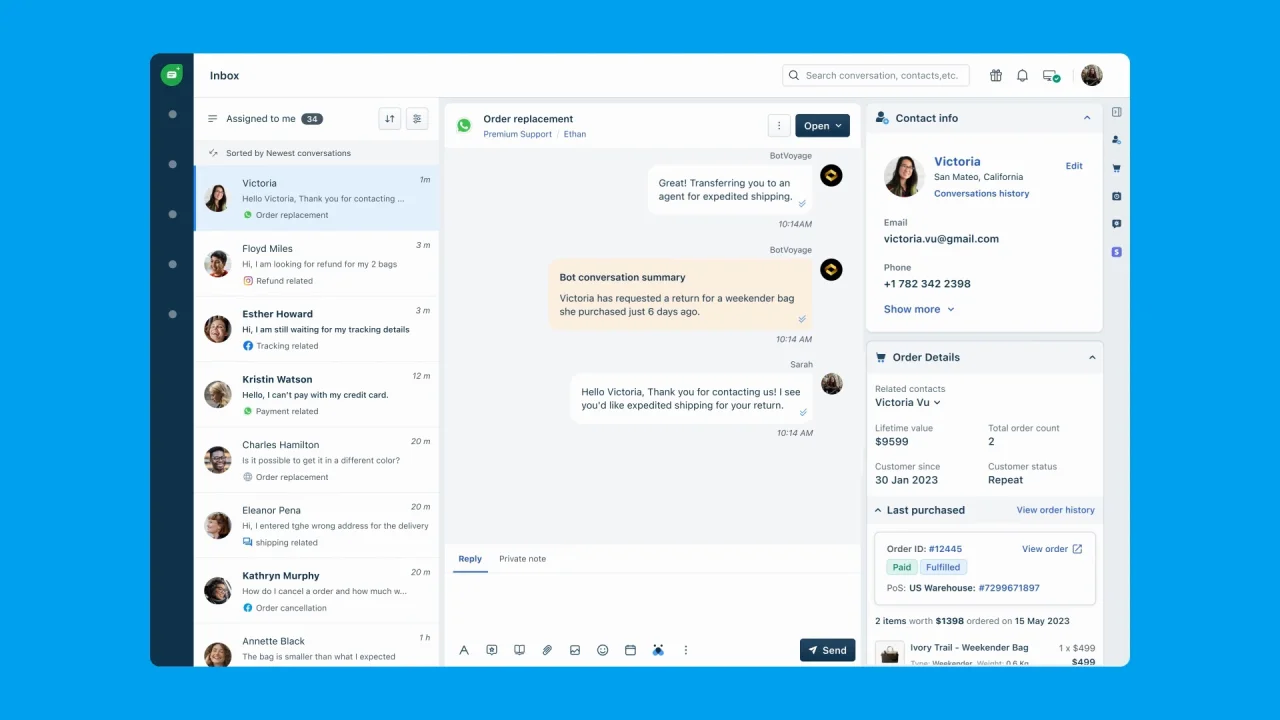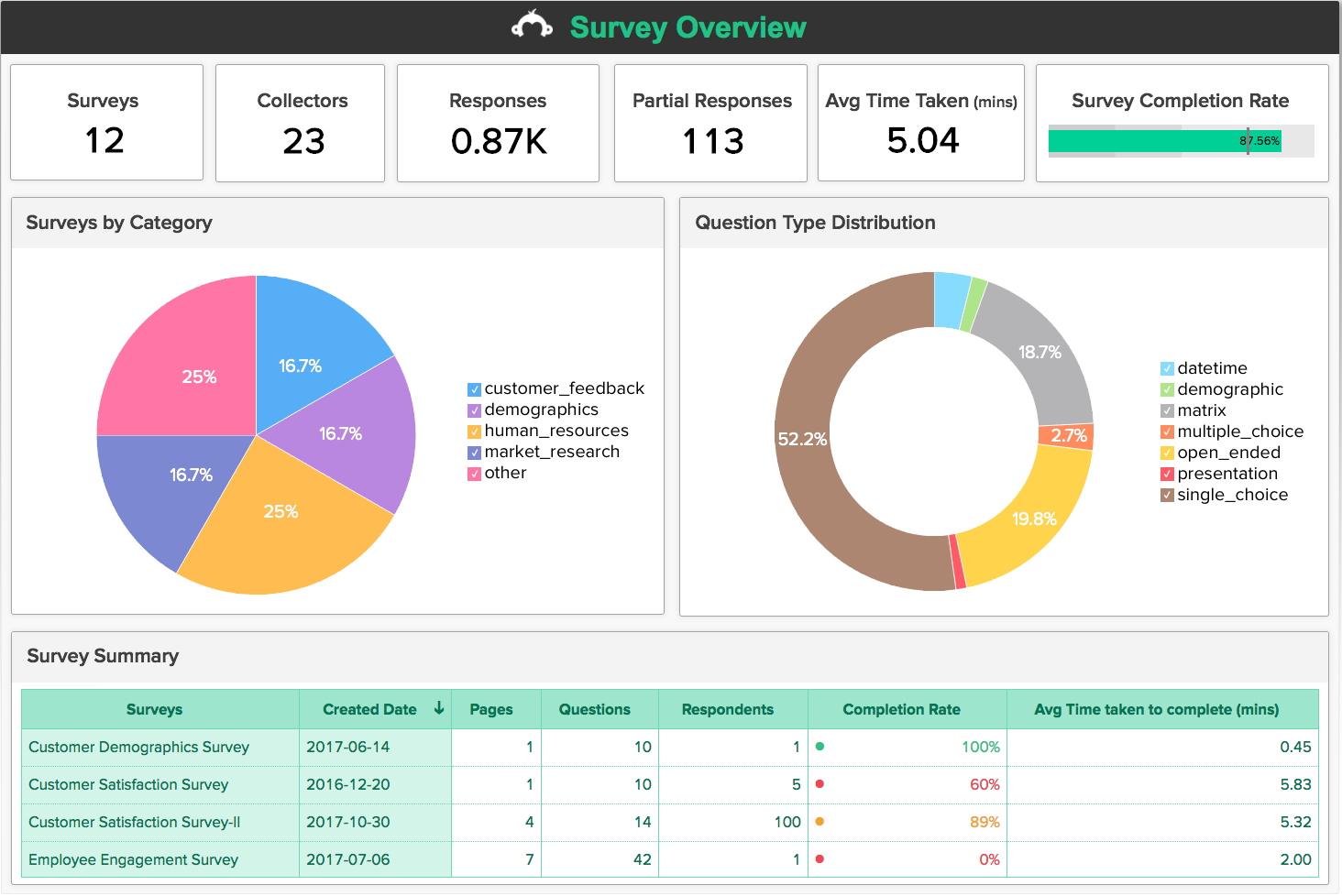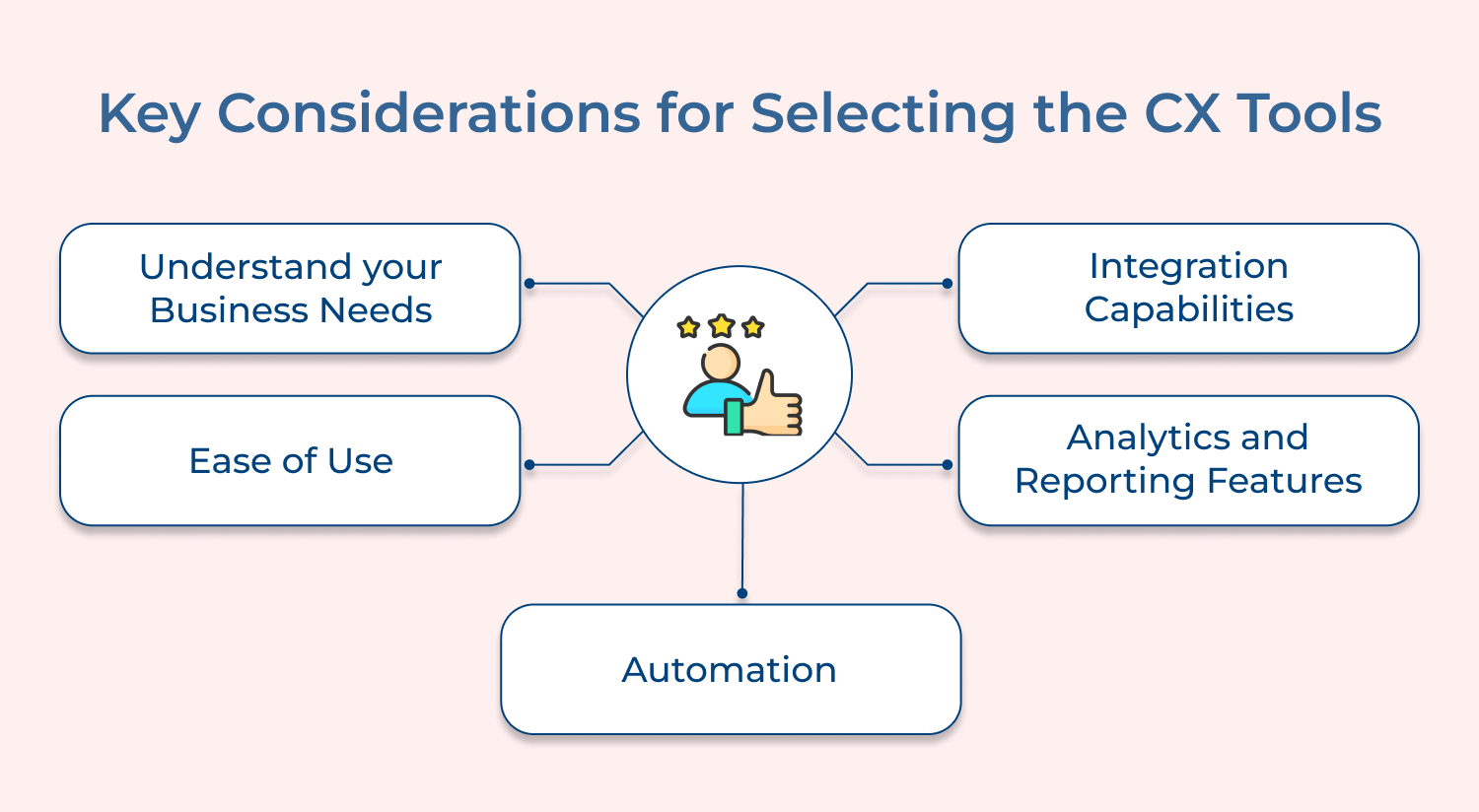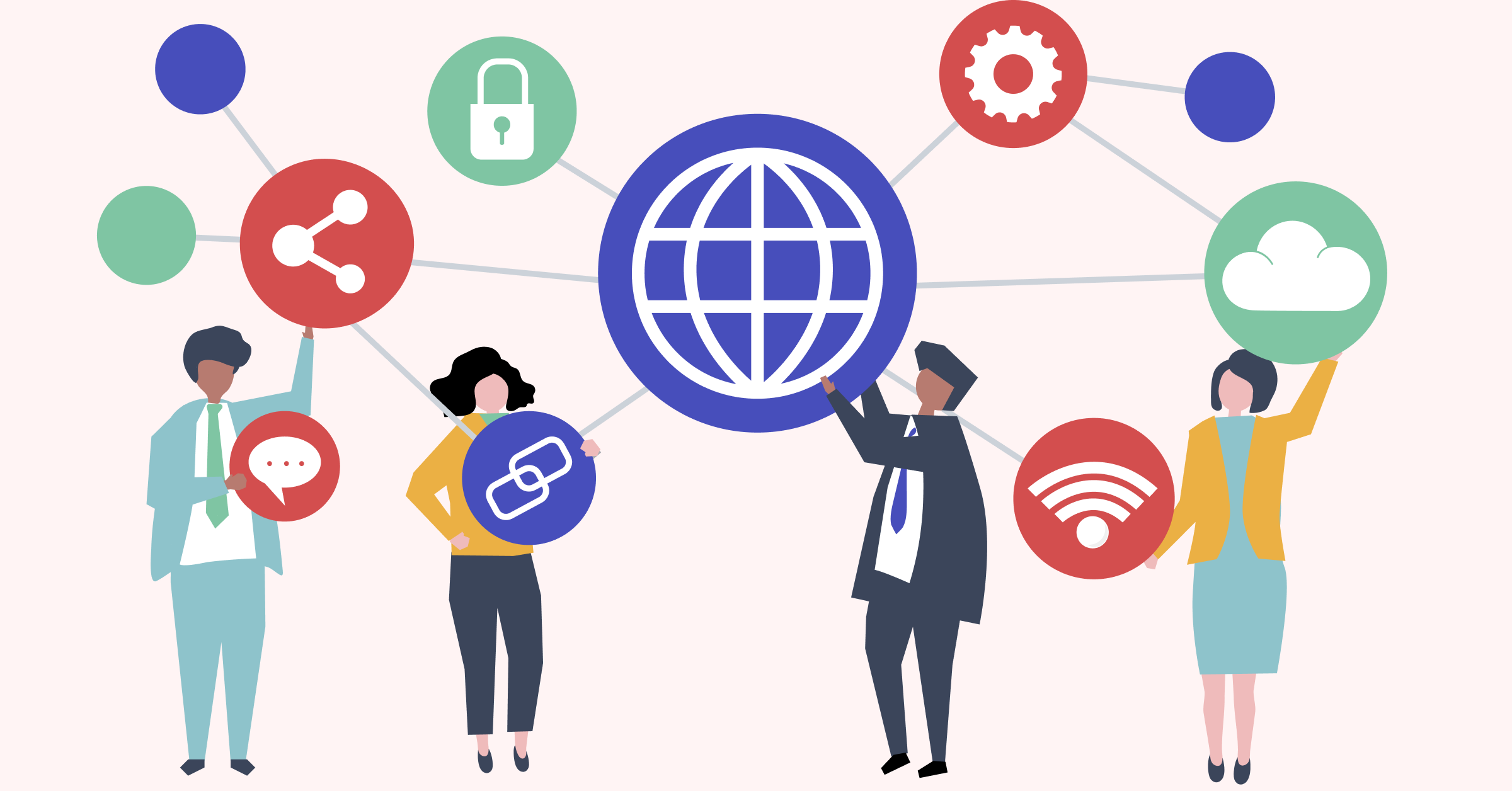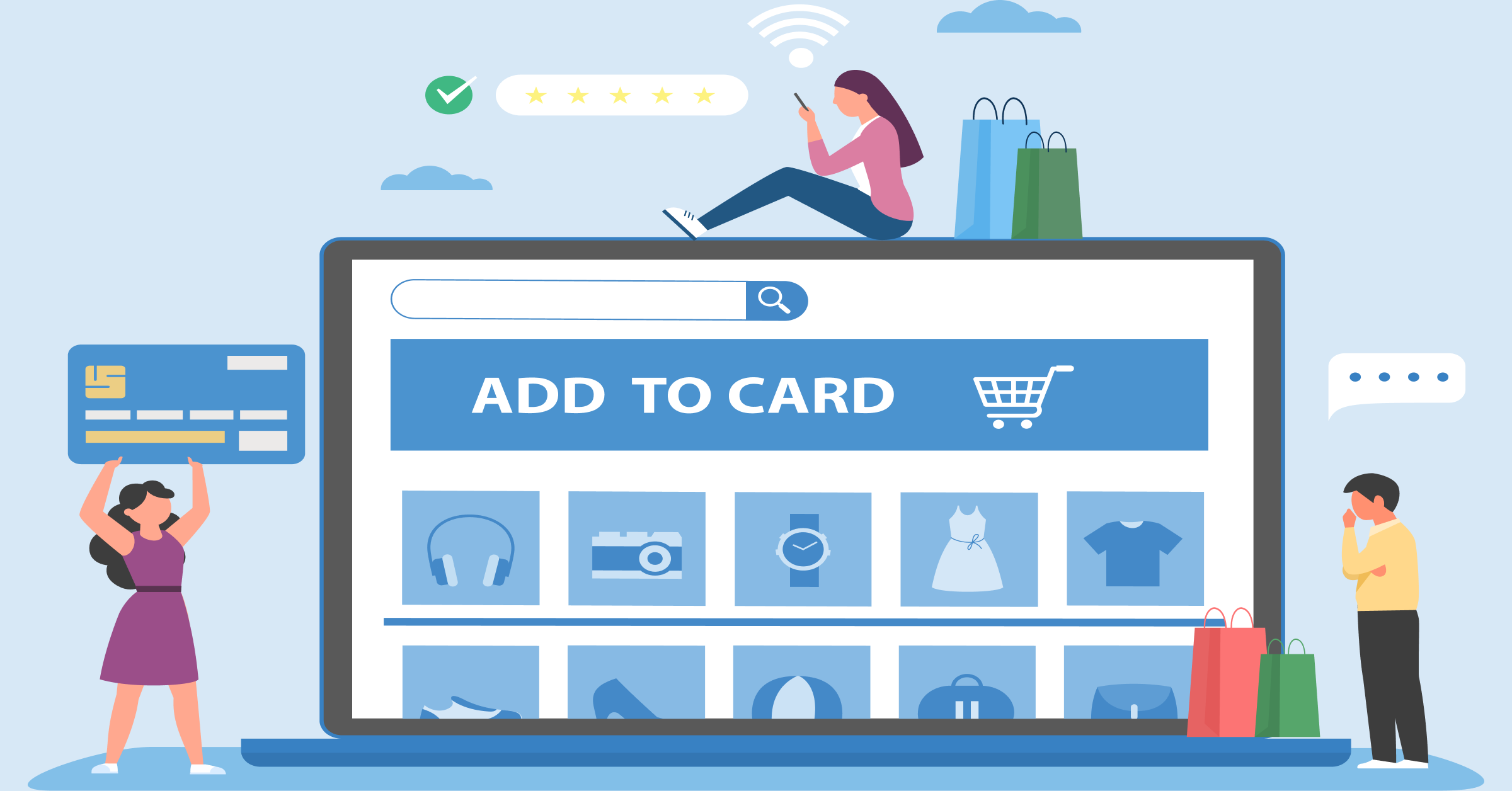1. Customer Feedback and Survey Tools
These tools are designed to collect, analyze and act on customer feedback. They typically offer various survey types such as Net Promoter Score (NPS), Customer Satisfaction (CSAT) and Customer Effort Score (CES). Advanced features often include real-time alerts, sentiment analysis and trend identification.
The CX tools help businesses understand customer perceptions, identify areas for improvement, and track changes in customer satisfaction over time. Examples include SurveyMonkey, Qualtrics and Feedbackify.
2. Customer Relationship Management (CRM) Systems
CRM systems are comprehensive platforms that manage all company interactions with current and potential customers. They store customer data, track sales processes and often integrate with marketing automation tools.
CRMs provide a 360-degree view of each customer, enabling personalized interactions and informed decision-making. Advanced CRMs may include AI-powered predictive analytics to forecast customer behavior and needs. Popular CRM systems include Salesforce, HubSpot and Microsoft Dynamics.
3. Customer Analytics Platforms
These platforms focus on collecting and analyzing customer data from various sources to provide actionable insights. They often use advanced techniques like machine learning and predictive modeling to understand customer behavior, preferences and future actions.
Customer analytics platforms can help businesses identify high-value customers, predict churn and optimize marketing strategies. Examples include Google Analytics, Adobe Analytics, and Mixpanel.
4. Omnichannel Communication Platforms
These tools enable businesses to manage customer interactions across multiple channels (e.g., email, phone, chat, social media) from a single interface. They ensure consistency in customer communication and allow for seamless transitions between channels.
Advanced platforms may include features like automated routing, chatbots and unified customer profiles. Examples include Zendesk, Intercom and Freshworks.
5. Experience Management Platforms
These comprehensive platforms aim to manage the entire customer experience across all touchpoints. They often combine features from other CX tools, including feedback collection, journey mapping and analytics.
Experience management platforms help businesses design, monitor and improve customer experiences systematically. They typically offer advanced visualization tools and executive dashboards for tracking CX metrics. Examples include Qualtrics XM, Medallia and InMoment.
6. Personalization Engines
These tools use customer data to deliver tailored experiences across various touchpoints. They can customize website content, product recommendations, email communications and even in-person interactions based on individual customer preferences.
Advanced personalization engines use AI and machine learning to predict customer needs and automate personalization at scale. Examples include Dynamic Yield, Evergage (now part of Salesforce) and Adobe Target.
7. Customer Support and Service Tools
These tools focus on improving the efficiency and effectiveness of customer support operations. They typically include features like ticketing systems, knowledge bases and self-service portals.
The modern support tools may incorporate AI for automated responses, chatbots for 24/7 assistance and predictive maintenance capabilities. They often integrate with other CX tools to provide a comprehensive view of the customer. Examples include Zendesk, Freshdesk and ServiceNow.
